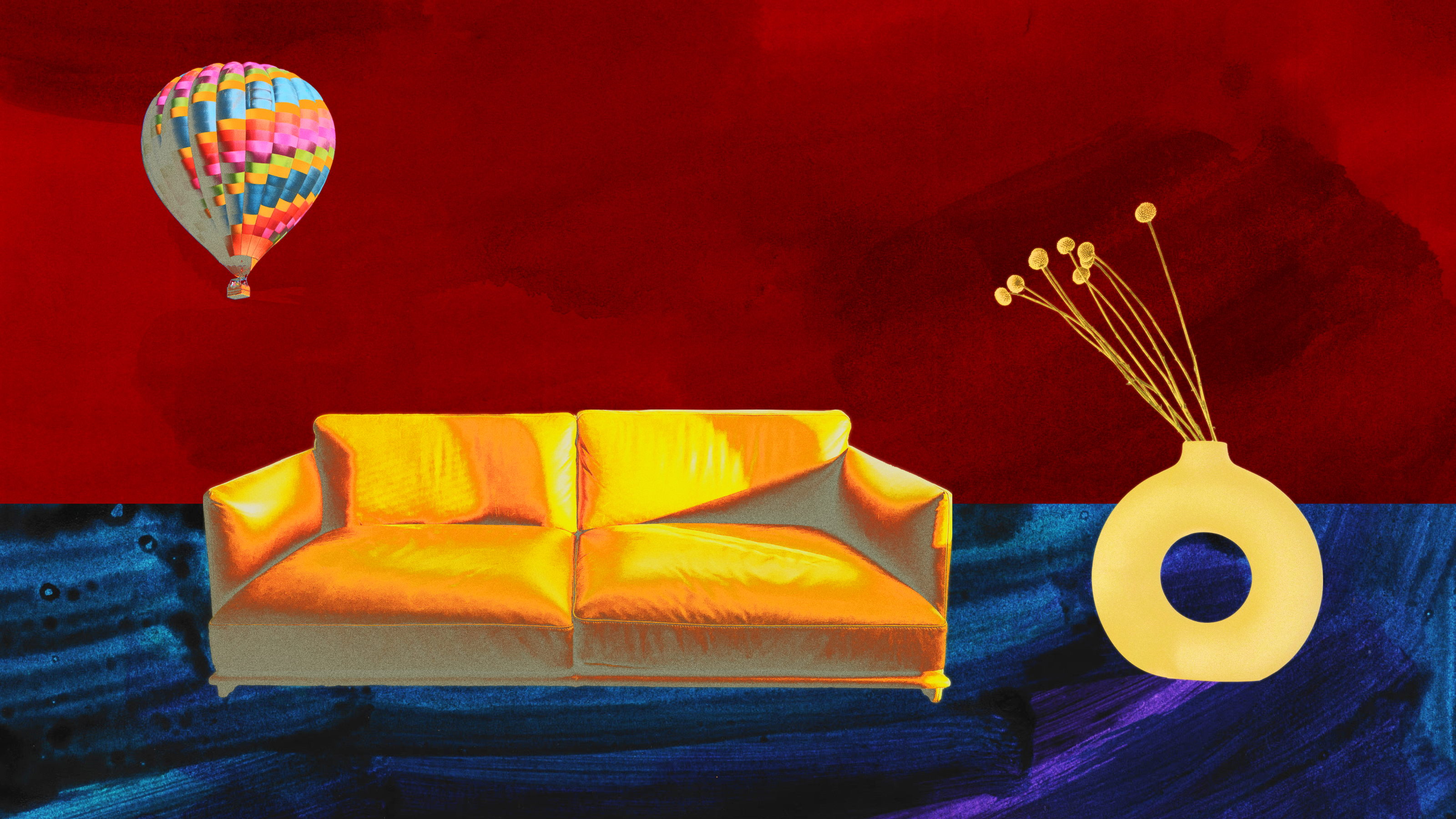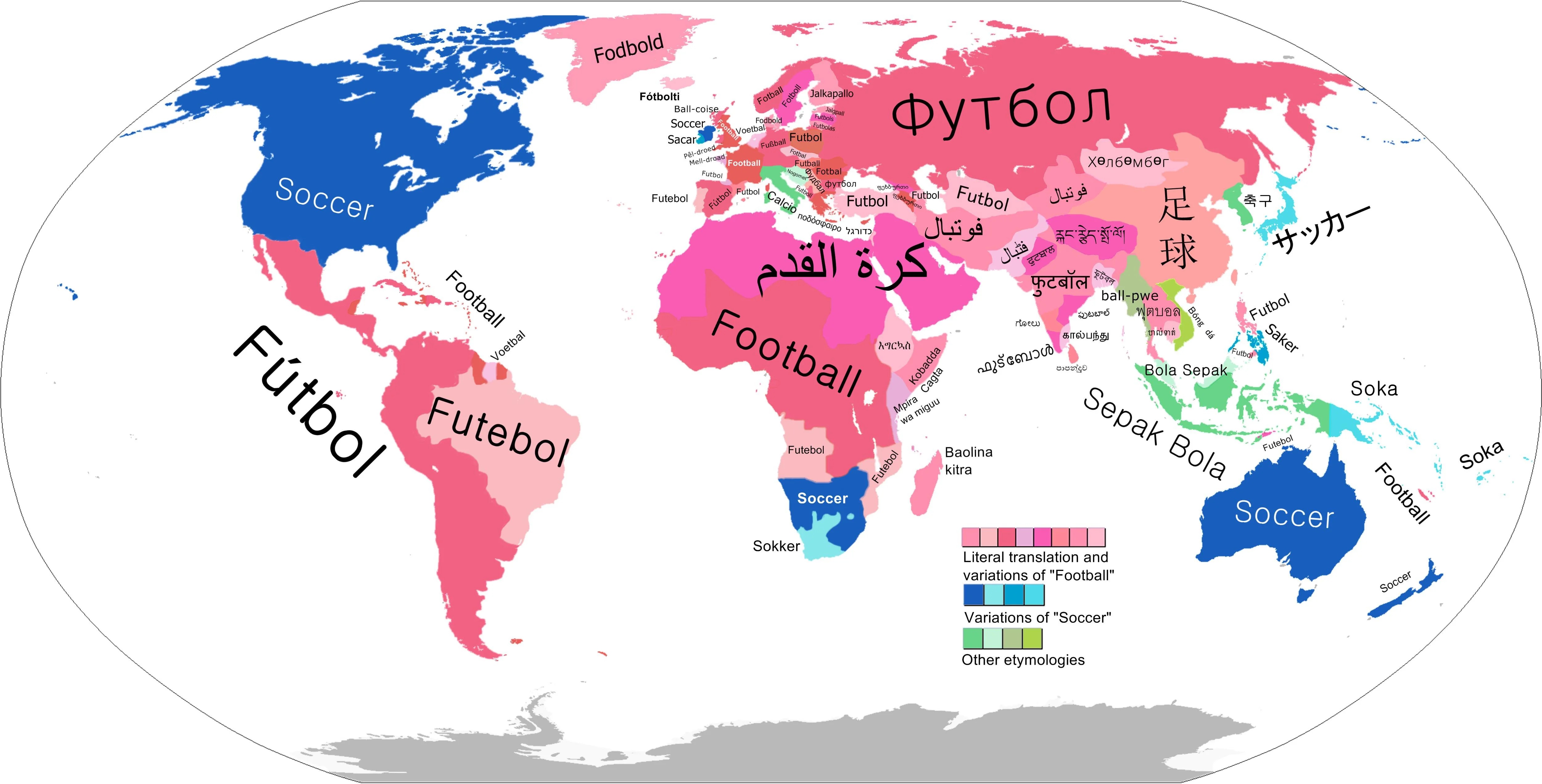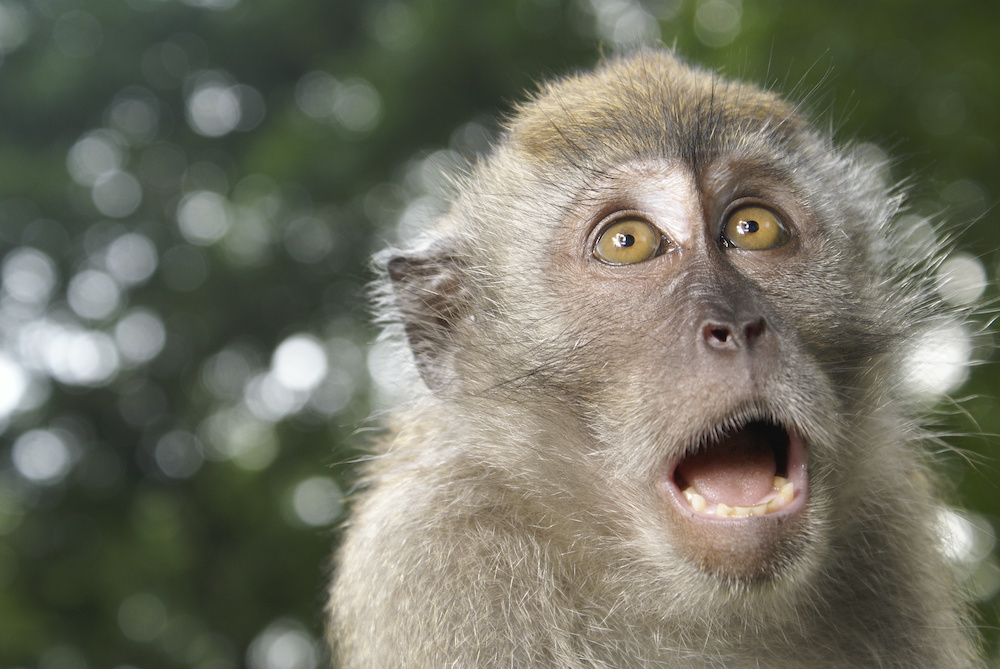Soccer goalkeepers literally see and hear the world differently

- In soccer, goalkeepers play a special role with unique physical demands.
- A new study shows that professional goalkeepers process sensory information differently from other players and non-players.
- As well as possessing an enhanced ability to integrate auditory and visual cues, they are also more inclined to perceive those cues separately.
In soccer, the goalkeeper is a team’s last line of defense, whose primary role is to stand in the goal mouth and prevent the opposing team from scoring. This highly specialized position involves diving or jumping to intercept the ball and “save” it from entering the goal.
A goalkeeper’s view of the matchplay is often obscured by other players, so these explosive movements typically require split-second decisions based on limited sensory information. Michael Quinn of University College Dublin and his colleagues therefore hypothesized that goalkeepers would have an enhanced ability to integrate auditory and visual information compared to other players.
Testing the keepers
To test this, they performed an experiment to measure the so-called “temporal binding window” (the time period in which different sensory inputs are perceived as one event) in 20 professional goalkeepers, 20 outfield soccer players, and 20 age-matched control participants who do not play soccer. This involved showing the participants a series of flashes and beeps presented to them at varying intervals and asking them to report how many flashes they saw. Typically, one flash accompanied by two beeps creates the illusion of perceiving two flashes, as long as the flash and the beeps are presented close enough together (that is, within the temporal binding window).
In a paper published in the journal Current Biology, Quinn and his colleagues report that this temporal binding window was narrower in the professional goalkeepers than in the outfield players and non-players. In other words, the flash and beeps had to be presented fractions of a second closer to each other in order for the goalkeepers to experience the illusion. They were not easily fooled.
The goalkeepers also exhibited a reduction in the extent to which auditory and visual information interact with each other compared to the other two groups of participants.
A demanding job
Whereas outfield players cover between 10-12 km during a 90-minute soccer match, goalkeepers cover about half that distance. And while outfield players make short sprints roughly every 90 seconds, and typically pass the ball to teammates over distances of up to 50 meters, goalkeepers usually perform just two short sprints, and make up to 14 long kicks into the opponent’s half of the playing field per match.
So although goalkeepers spend most of their match time standing on the goal line, these physically demanding high velocity actions likely contribute significantly to their overall match load, and even may elicit a unique physiological response to the demands placed on them during matchplay. The authors of this latest study suggest that the enhanced multi-sensory integration and reduced interactions between auditory and visual information they observed in goalkeepers likely occurs because of the special demands of the position.
When an opposing player strikes the ball toward the goal, the goalkeeper uses visual information to determine its path, and also auditory information, such as the sound of the ball being struck. The exact relationship between these sensory signals depends on how far away the striker is from the goal: They will be perceived to occur separately when the strike is further away. Furthermore, when the striker is obscured by another player, the goalkeeper has to rely more on auditory than visual information.
The research cannot tell if a goalkeeper’s experience trains them to segregate these sensory signals to enhance their performance, or if a pre-existing tendency to separate auditory and visual cues may attract some to the position of goalkeeper. Both could be true.





